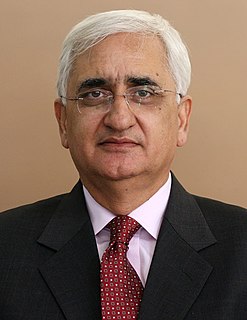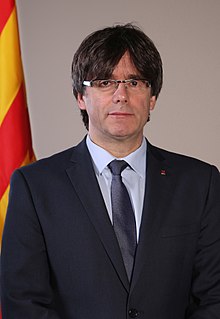A Quote by Angela Merkel
We believe that from both a German and a Polish perspective, it is desirable for Great Britain to remain in the European Union.
Related Quotes
Britain is leaving and has de facto left the European Union; however, it has not withdrawn from its special relationship with the United States and I believe that the UK's relations with Russia depend on Britain's special relationship with the United States rather than on its presence in or absence from the European Union.
European Union partners never said European Union partners're going to renege on any promises, European Union partners said that European Union partners promises concern a four-year parliamentary term, european Union partners will be spaced out in an optimal way, in a way that is in tune with our bargaining stance in Europe and also with the fiscal position of the Greek state.
The European Union is effectively a union dominated by the German political and economic elite. Its main function is to serve as a nucleus for financial capitalism and to ease the road for that capitalism. The other functions just irritate everyone: it's undemocratic; decisions are not made by parliament; the European Parliament is not sovereign.









































